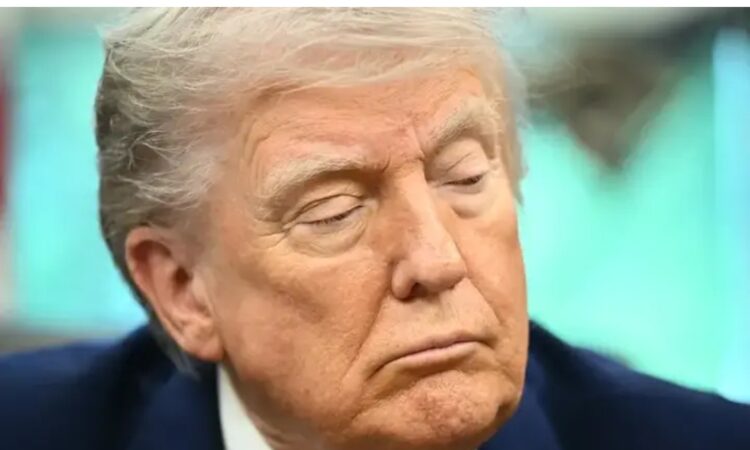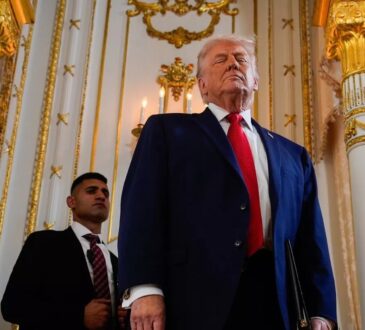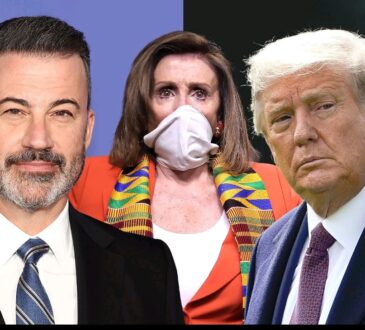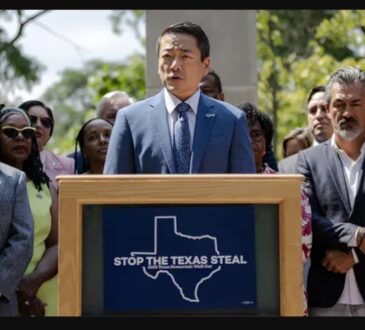
Shortly after the January 6, 2021 attack on the U.S. Capitol, many political reporters started treating Donald Trump like a normal politician again. They did this because they wanted to stay close to him, get interviews, and maintain access. This media behavior helped Trump make a political comeback. It wasn’t some secret plan to cover up President Joe Biden’s age that gave Trump an advantage—it was the way the press handled Trump.
Early in Trump’s presidency, right-wing voices often mocked liberal ideas by saying, “This is how we got Trump.” Now, eight years later, some are blaming journalists for supposedly helping Biden hide his health issues. But that claim doesn’t hold up—by early 2024, most Americans already believed Biden was too old to be president. People saw the signs for themselves through his speeches and how he moved. There was no successful cover-up. It was public knowledge.
Those who wonder why Democrats didn’t replace Biden earlier may not understand how presidential elections work. Being the current president gives a huge advantage in an election. If Biden had stepped down in 2022 or 2023, Democrats would have lost that edge. A wide-open primary probably wouldn’t have produced a stronger candidate.
But it’s true the media made serious mistakes during the 2024 campaign—not by shielding Biden, but by downplaying Trump’s attack on democracy.
After losing the 2020 election, Trump tried to overturn the results. He invited his followers to Washington, got them riled up, and aimed them at Congress to stop the certification of the results. It was the biggest threat to American democracy since the Civil War. Yet just weeks later, journalists were visiting him in Florida and reporting on him as though nothing had happened. Some didn’t even mention January 6 when interviewing him. That’s hard to understand or excuse.
As a reporter, you’re supposed to ask the tough questions, especially when the person you’re covering tried to disrupt the foundations of the country. But by 2022, the media seemed to forget. They softened their coverage of Trump to keep getting quotes and interviews. He avoided traveling with press pools and handpicked the journalists he spoke to, rewarding the ones who played along.
There was a quiet agreement: if you wanted access, don’t remind readers that Trump tried to subvert democracy. And that’s how he got portrayed as just another political figure instead of someone who nearly toppled the system.
This isn’t to say the media alone caused Trump’s return. Many people now get their news from echo chambers—outlets funded by rich individuals with political agendas. But what gets repeated across big news platforms still matters. Had the press reminded the public of Trump’s actions in 2020 and 2021 as often as they obsessed over Hillary Clinton’s emails, we might have seen a different outcome. A Republican candidate who believed in democracy could have emerged.
But elections are also about timing. If inflation had dropped faster—by late 2022 instead of mid-2023—Biden might be enjoying a second term. For all the focus on his age and public speaking struggles, he handled the pandemic, helped avoid a recession, kept unemployment low, and invested in infrastructure and technology. He even helped unite NATO against Russia’s war on Ukraine. Aside from the messy withdrawal from Afghanistan, which happened before his health seemed to decline, there’s little evidence that his age led to bad decisions.
Yes, Biden struggled with the showmanship part of being president. But he was still able to think clearly and govern responsibly.
Inflation didn’t ease soon enough, and now we have a president who is nearly as old as Biden but behaves immaturely, obsessed with power and revenge. Despite the media trying to make him look less dangerous, Trump’s own words made it clear: he wanted to use the presidency to punish enemies and take power in ways that go beyond the Constitution.
In the end, many voters watched the January 6 attack unfold on live TV, saw the legal cases against Trump, and still chose him—mainly because they were frustrated with rising prices. Had groceries been a little cheaper a year earlier, we might have had a very different election result.
The most depressing part is that when Americans had to choose between defending democracy and hoping for lower snack prices, they picked the snacks.
Now, we may not even get those snacks—and democracy could be the bigger casualty.




